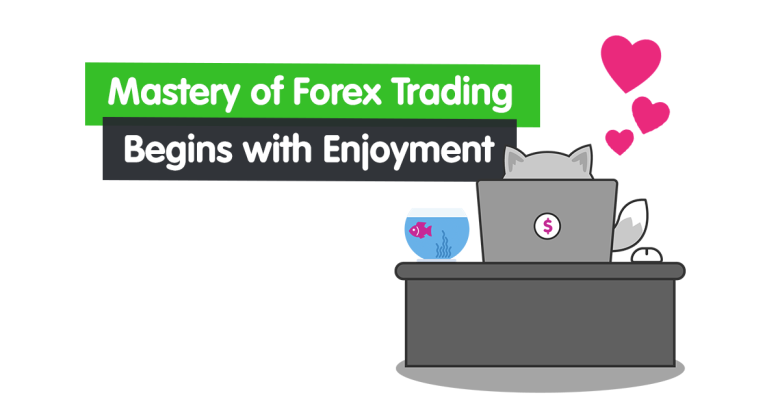Most new forex traders make the same mistake: they try to skip straight to advanced strategies without building a foundation. It’s like trying to run before learning to walk, and it’s why so many fail.
Dr. Benjamin Bloom from the University of Chicago studied 120 world-class performers, including elite athletes, concert pianists, and brilliant mathematicians.
His discovery was remarkable: every single expert followed the same three-phase journey to mastery. No exceptions. No shortcuts.
Phase One: The Playground
Expertise begins with play, not work.
Olympic swimmers started as kids who loved splashing in pools. Concert pianists began by being fascinated with sounds. Successful traders? They started by being genuinely curious about why markets move.
This phase is about exploration without pressure. You’re not trying to make money. You’re discovering what interests you about markets. Maybe it’s how news affects currencies. Maybe it’s the chart patterns. The point is to develop genuine curiosity.
Too many traders skip this completely. They jump straight into trying to profit, missing the foundation of genuine interest that sustains long-term success.
Phase Two: Skill Building
Once interest takes root, you shift to deliberate skill development.
Athletes choose their specialization. Musicians pick their instruments. Traders discover their style. Do you prefer quick scalps or patient swing trades? Currency pairs or stocks? This is when you figure it out.
Practice becomes structured. You keep a trading journal. You learn to read charts and understand economic news. You develop routines. But crucially, you’re still motivated by improvement itself, not external pressure. That satisfaction when you correctly predict a move? That’s what keeps you going.
Phase Three: The Pursuit of Mastery
Here’s where trading becomes identity, not just activity.
This phase demands real mentors and intense commitment. Some athletes get homeschooled for more practice time. Musicians practice eight hours daily. Traders restructure their lives around markets.
The work is grueling and offers little immediate reward. It’s what separates professionals from hobbyists.
Why This Matters
Most trading education starts at Phase Three. Beginners learn complex risk management and advanced patterns before developing a basic market feel. It’s backwards and explains why 90% of traders fail.
You can’t skip phases. Without Phase One’s curiosity, you lack the motivation to persist. Without Phase Two’s skills, you can’t execute Phase Three strategies.
Think about it: professional athletes still love their sport despite brutal training. Musicians still get chills from perfect harmonies after decades. Successful traders remain fascinated by markets after years of ups and downs. That sustained interest isn’t optional. It’s essential.
Without curiosity and enjoyment for the craft, traders would hardly be motivated to pursue deliberate practice and skill development.
What does this mean for you?
Where you are in your trading journey determines your next step.
If you’re new, forget about profits for now and focus on exploration. What genuinely interests you about markets?
If you’re developing your skills, master the basics before attempting advanced strategies and build consistent daily habits.
And if you’re pursuing mastery, understand that it requires extraordinary commitment and genuine mentorship.
The path to trading expertise isn’t a secret. It’s a proven process that works the same for everyone. The only question is whether you’ll respect it or keep searching for shortcuts that don’t exist.





